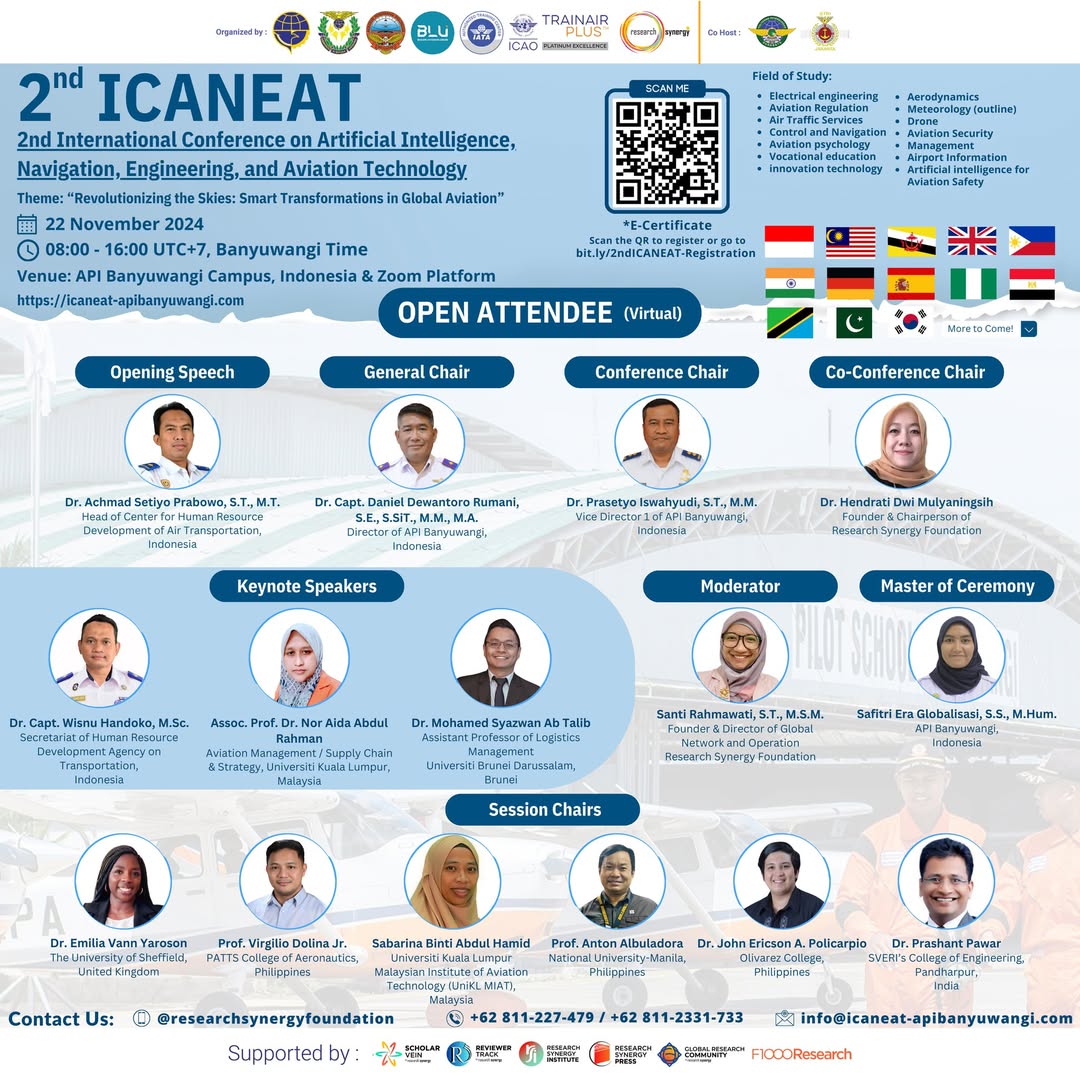Seas of Motivation: OCEANTG.COM in Maritime English Training
Keywords:
Maritime English, motivation, OCEANTG.COM, interactive learning.Abstract
Maritime education strives to equip cadets with the necessary skills and knowledge to effectively navigate the growing intricacies of the international maritime arena. The objective of this research is to determine the degree to which the motivations mentioned above can be transmitted via OCEANTG.COM in the context of Maritime English (ME) learning. A quantitative research design was employed to analyze the data, and a questionnaire that was modified from Gardner's Attitude/Motivation Test Battery was utilized. The paired t-test yielded statistically significant results at a significance level (Sig.) of 0.000 with respect to the deficient motivation variable, thereby demonstrating robust evidence. As a learning platform, OPEN SEATNICH.COM represents potential as an inspiration source that motivates users to comprehend and implement maritime English knowledge. OceanTG.COM is an invaluable asset for the development of practical curricula for marine students owing to its industry-standard compliant, interactive, and functionally inclusive content. This thesis argues that an innovative thesis statement concerning junior motivation in maritime English is unnecessary.
References
[1] A. K. Gupron, A. D. Santoso, and B. B. Harianto, “Effectiveness of English Medium Instruction Implementation on Boarding Maritime Education,” Tech. Soc. Sci. J., vol. 51, pp. 80–91, 2023, doi: 10.47577/tssj.v51i1.10135.
[2] R. Ahmmed, “A framework for Maritime English language planning in Bangladeshi maritime education and training institutes,” SN Soc. Sci., vol. 1, no. 7, pp. 1–22, 2021, doi: 10.1007/s43545-021-00188-5.
[3] L. Dragojevic, The Importance of Maritime English Terminology at Croatian Maritime Education Institutions - University Level. Split: Filozofski fakultet Sveučilišta u Splitu, 2020.
[4] C. CHIREA-UNGUREANU, “‘Marinisation’ of Maritime English (ME) teachers: the must-have in Maritime Education and Training (MET),” Humanit. Sci. Curr. issues, vol. 3, no. 42, pp. 58–64, 2021, doi: 10.24919/2308-4863/42-3-10.
[5] F. R. Siregar and R. Siregar, “Students’ Motivation in Learning English,” English J. Teach. Learn., vol. 08, no. 02, pp. 177–188, 2020, [Online]. Available: http://jurnal.iainpadangsidimpuan.ac.id/index.php/EEJ
[6] H. C. Nguyen, “Motivation in Learning English Language: a case Study at Vietnam National University, Hanoi,” Eur. J. Educ. Sci., vol. 06, no. 01, pp. 49–65, 2019, doi: 10.19044/ejes.v6no1a4.
[7] I. Iswadi, “THE INTERPLAY BETWEEN LEARNING MEDIA, MOTIVATION AND LEARNING OUTCOMES: INSIGHTS FROM INDONESIAN EFL CONTEXT,” Res. Dev. J. Educ., vol. 7, no. 1, pp. 60–69, 2021, doi: 10.30998/rdje.v7i1.7809.
[8] D. E. Silalahi, H. Siallagan, B. Munthe, Herman, and P. S. R. Sihombing, “Investigating Students’ Motivation toward the Use of Zoom Meeting Application as English Learning Media during Covid-19 Pandemic,” J. Curric. Teach., vol. 11, no. 5, pp. 41–48, 2022, doi: 10.5430/JCT.V11N5P41.
[9] Suripah and W. D. Susanti, “Alternative Learning During a Pandemic: Use of the Website As a Mathematics Learning Media for Student Motivation,” Infin. J., vol. 11, no. 1, pp. 17–32, 2022, doi: 10.22460/infinity.v11i1.p17-32.
[10] R. C. Gardner, Social psychology and language learning: The role of attitudes and motivation. London: Edward Arnold, 1985.
Downloads
Published
Issue
Section
License
Copyright (c) 2024 Yuniar Ayu Hafita, Ryan Puby Sumarta, Agus Sulistiono, Nurul Hatifah, Frisca Aprilya Br Sembiring (Author)

This work is licensed under a Creative Commons Attribution-ShareAlike 4.0 International License.









